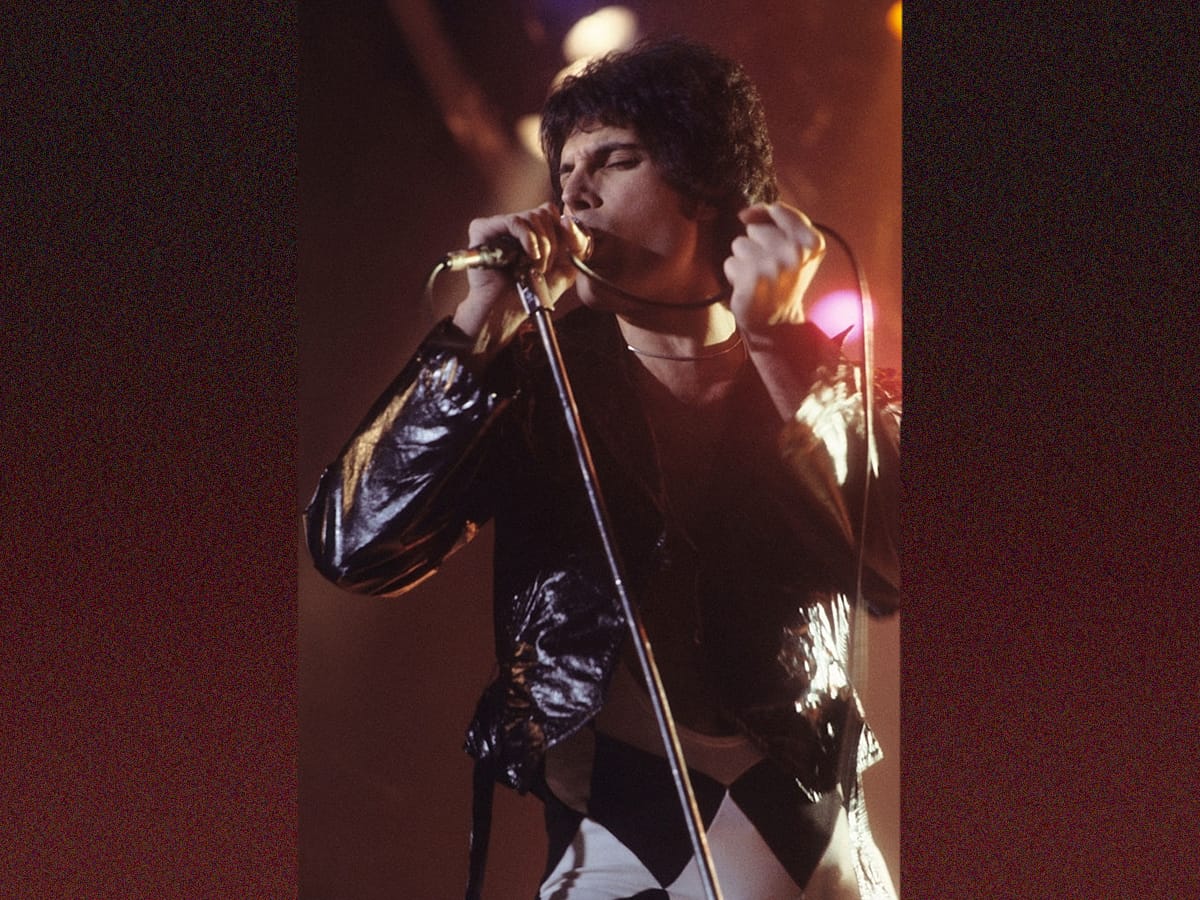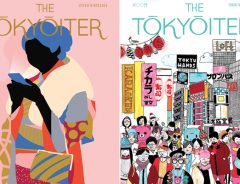
Source: https://weheartit.com/entry/58777168 / CC BY-SA (https://creativecommons.org/licenses/by-sa/3.0)
Kiyoshi Hikawa records a winning rendition of “Bohemian Rhapsody” [VIDEO]
- Source:
- © Grape
- Tags:
- Bohemian Rhapsody / Cover / Freddie Mercury / Kiyoshi Hikawa / Queen
Related Article
-

Hot from the grill! Wrap your disposable heating pads in these taiyaki covers this winter
-

Japan-Based Artists Create Gorgeous Cover Art For The Imaginary Tokyoiter Magazine
-

Korean High School Girl Crushes “Hello” By Adele In Amazing Cover
-

Don’t Want To Judge A Book By Its Cover? Take’em Off! A Simple Idea Taking Off In Japan Is Pretty Neat!
-

Rainych makes official Japan debut, releases cover of Miki Matsubara’s city pop hit “Stay With Me”
-

Collectors Are Torturing This Freddie Mercury Figure With Anime Idol Violence


In 2018, the movie Bohemian Rhapsody reminded the world of the talent of the British rock band Queen and their charismatic front man, Freddie Mercury. "Bohemian Rhapsody" is the name of their best-known song, an operatic tour de force that melded hard rock to the drama of opera. Now Kiyoshi Hikawa, a Japanese singer known as “the Prince of Enka”, has made the song his own, recording an impressive cover version of "Bohemian Rhapsody."
Queen recorded "Bohemian Rhapsody" back in 1975, and the song has been enjoyed by generations of rock fans over the succeeding 45 years. When it first came out, it served as a timely reminder that, in the face of a deluge of insipid middle-of-the-road fare, rock still had the capacity to be passionate and inventive.
"Bohemian Rhapsody" tells the pitiable story of a young man brought to trial after accidentally killing man, his heartfelt remorse and resignation as he faces the death penalty.
At over six minutes, "Bohemian Rhapsody" is considerably longer than most rock singles of its time. Instead of the traditional verse and chorus formula of the rock song, which had become formulaic and stale, the song is structured more like a musical number. It has several sections without a chorus: an intro, a ballad segment, an operatic passage, a hard rock part and a reflective coda to close. Queen were stretching the limits of the rock genre, just as artists like Stevie Wonder, David Bowie and the Who had in the first half of the ‘70s.
Kiyoshi Hikawa’s rendition of the song is intense and passionate. In an interview for a Japanese TV programme, Hikawa mentioned that he’d seen the movie Bohemian Rhapsody and it prompted him to record a Japanese version of the song. Hikawa has a powerful, versatile voice that he puts to great use in the song. He also shares Freddie Mercury’s penchant for raiding the dressing up box, performing in a polka dot flared suit and appearing in gold lame overcoats and outsized ties.
If Kiyoshi Hikawa had simply covered "Bohemian Rhapsody" in English, it might have been little more than another internet oddity, but he sings it in Japanese. The song takes on new meaning in translation, for it chimes nicely with some of the conventions of the Japanese story telling tradition. A story of doomed youth and the inevitability of tragedy, softened only by sentiment, mother love and fatalistic resignation will always strike a chord in Japanese hearts. As Freddie Mercury sang, ‘Easy come, easy go, any way the wind blows.’ It is the only response to the vagaries of life, but also to the inevitability of death.
Farrokh Bulsara, the man who went on to become Freddie Mercury, would surely have approved. As a gay man of Iranian descent, the Queen front man was an oddity in the rock world of ‘70s Britain, yet he attracted legions of macho rock fans. Perhaps they didn’t realise he was a gay Zoroastrian; perhaps they didn’t care; perhaps they were just won over by his talent and showmanship.
Freddie Mercury died in 1991, but Queen have continued to tour the world performing the band’s greatest hits. They last played in Japan in January 2020. Their Japanese fans are hopeful that they’ll be back again soon. It is rumoured that next time, they plan to collaborate with Kiyoshi Hikawa. Time will tell!